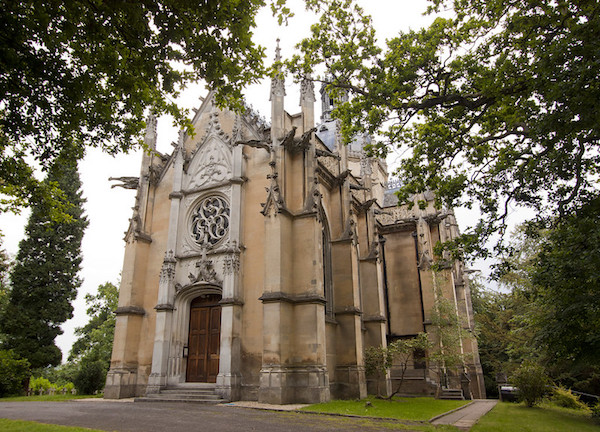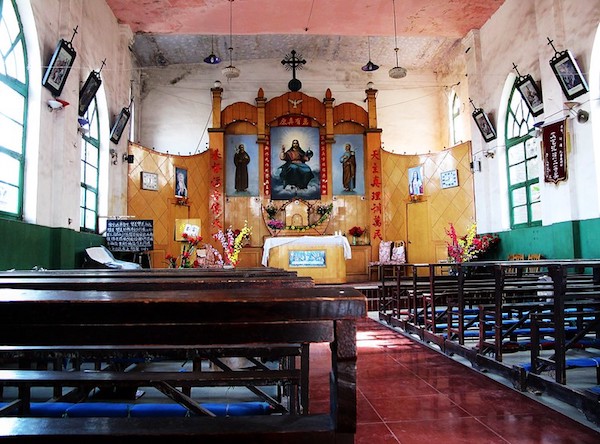Christians in China face myriad forms of persecution, including sinicisation, harassment and detention under the government of the Chinese Communist Party (CCP), says a Christian rights watchdog.
The persecution of Christians in China was highlighted in the 63-page Annual Persecution Report 2022 by US-based non-governmental organisation China Aid, released on 14 February.
“In 2022, China Aid has felt day by day the CCP’s escalated persecutions against Christian churches and Christians in mainland China,” the report said.
The government policy of sinicisation of Christianity in China has entailed demands for loyalty to the CCP’s leadership and the use of Chinese culture, Chinese language and Chinese communication styles to study and practise the faith.
The report says that throughout 2022, churches and worship centres of Christians, including Catholics, have been demolished in Dalian, Jiangxi, Tongguan, Shaanxi and other provinces.
In June 2022, after Bishop Dong Baolu refused to join the state-run patriotic church system, his church in Hebei province’s Shijiazhuang city was demolished by CCP officials.
In August 2022, the Catholic Diocese of Taiyuan’s Gothic-styled Beihan Church complex was torn down, and the remaining 40-metre-high bell tower was blown up in a coordinated demolition.
China Aid accused the officials of “fabricating criminal charges to detain, arrest, and sentence leaders and lay believers”. Bishop Joseph Zhang Weizhu of Xinxiang Diocese has been missing since May 2021.
Officials have interrupted liturgies, baptisms, pilgrimages, and online church services. The report also revealed laws and regulations introduced by the CCP to control and monitor information in cyberspace.
Through the “Administrative Measures for Internet Religious Information Services” enacted in March 2022, the CCP stipulates the appointment of trained and licensed “Internet Religious Information Auditors” who are students of religious schools or religious clergy officially registered with the government.
The report reveals instances where Christian students applying to study abroad at Christian-run institutions were denied passports.
“Government agents would deny their applications on the grounds of Covid prevention,” the report said.



 Loading ...
Loading ...